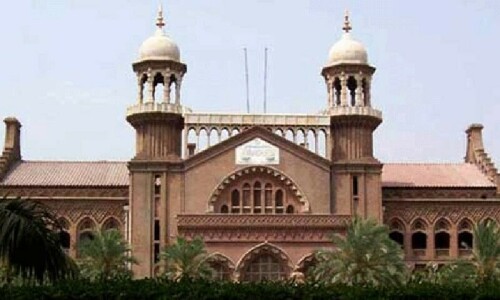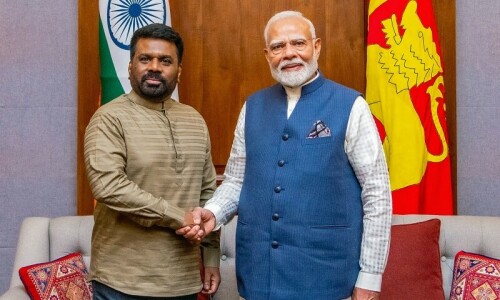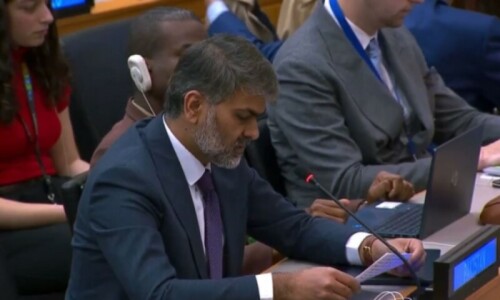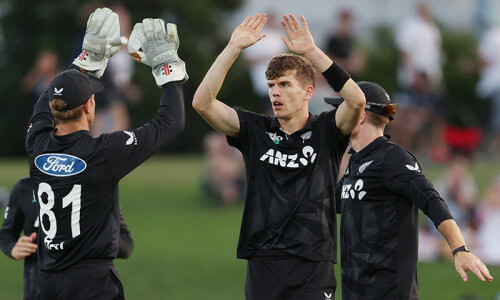LAHORE: Speakers and participants in a seminar unanimously endorsed the demand for the raise in the minimum age of marriage for girls in Punjab to 18 years.
They emphasized the need for a uniform amendment across the country to effectively reduce child marriages and prevent violators from exploiting the loopholes in different provinces.
In connection with the International Women’s Day, a seminar was held at the University of Punjab’s Department of Social Work, supported by the Norwegian Embassy, Islamabad.
Currently, the legal age of marriage in Pakistan varies by province. In Sindh, the minimum age is 18 years while in Punjab, it is still 16 years. The Islamabad High Court has also declared that girls under 18 cannot marry. However, a uniform national law is still lacking.
To address this issue, the speakers proposed a comprehensive programme focusing on education and skill development, saying that this would not only elevate the status of women but also contribute to Pakistan’s socioeconomic growth. The speakers delved into the far-reaching consequences of early marriages on adolescent girls, encompassing social, legal, health, and psychological impacts.
They emphatically termed child marriage as a devastating blow to girls’ aspirations and dreams of leading a dignified life, as enshrined in the Constitution and international treaties such as CEDAW, the Beijing Platform for Action 1995, United Nations Convention on Child Rights, Sustainable Development Goals 5.3, and Khartoum Declaration of the Second Islamic Conference which clearly define a child as any individual under 18 years of age, regardless of gender.
Sameena Nazir, the executive director of Potohar Organisation for Development Advocacy (PODA), highlighted the inconsistency in Pakistan’s laws, where 18-year-olds could vote and drive but girls could be married off below that age. She emphasized the need for well-researched policies that could address the realities of child marriages and empower girls.
PU Department of Social Work Chairperson Prof Dr Uzma Ashiq emphasized that raising the minimum age of marriage for girls must be accompanied by a comprehensive plan to engage them in activities that fostered their development. This holistic approach is crucial to empower girls and ensure that they reach their full potential, she said.
“Simply increasing the minimum age of marriage is not enough; it’s essential to address the root causes of child marriages and provide girls with access to education, healthcare and economic opportunities. By adopting a multi-faceted approach, we can create a supportive environment that enables girls to thrive and make informed decisions about their lives,” she added.
Nabeela Aslam moderated the seminar and highlighted that several Muslim countries, including Bangladesh, Saudi Arabia, UAE, Egypt and Indonesia, had set the legal age of marriage for both girls and boys at 18 years.
Other prominent speakers were Dr Aliya Khalid; Dr Sonia Omer, Arshad Abbasi, Dr Tahira Jabeen, Advocate Sumaira Hussain, Advocate Khawaja Zahid Nasim and Ayesha Taslim.
Published in Dawn, March 25th, 2025














































